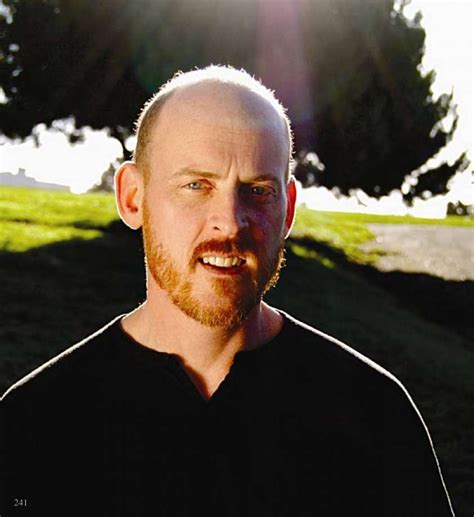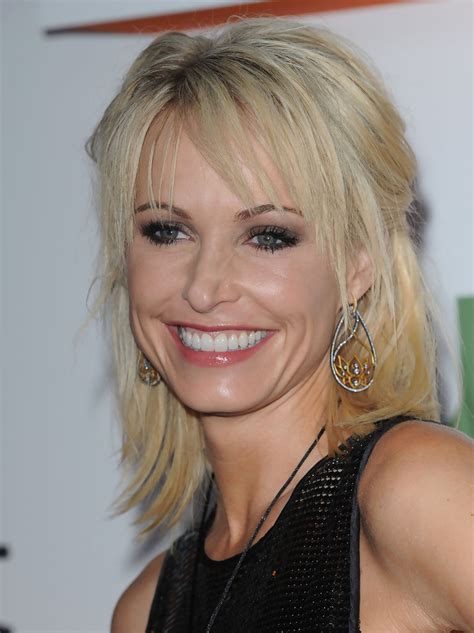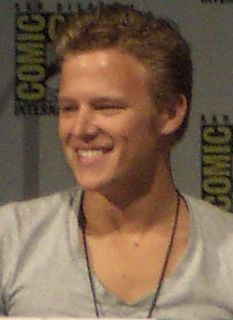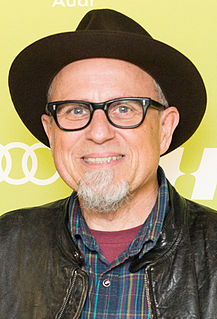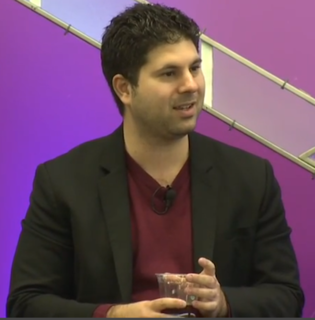A Quote by B. J. Novak
I wanted to be a writer first, and I struck out in the world to be a writer first, and then found stand-up as a more creative outlet, as a 3D way to be creative.
Related Quotes
For a while the creative writing community sort of sprung out of places like Iowa and Syracuse. The graduates sort of went out, and they would found creative writing departments in the little colleges where they went, and then some of those would found other ones. I mean every college has got a creative writing department, so where are the jobs coming from? There are not any jobs out there.
I will say they were horrified when I wanted to be an actor. It wasn't a showbiz-y family, and my parents are real introverts who don't go to a lot of Hollywood parties and are most comfortable in their pajamas in our sweet little home. Part of the reason I wanted to be an actor and not just a writer is because I felt much more extroverted than that - I love to be around people, and feed off people's energy, and collaborations. If I hadn't had their example, I wouldn't have been so serious, but I also wouldn't have wanted so much to find another creative outlet.
Creative non-fiction is such a liberating genre because it allows the non-fiction writer, whether he or she be journalist or essayist, to use all of the techniques of the fiction writer and all of the ideas, creative approaches, that fiction writers get a chance to use, but they have to use it in a true story.
When I first decided I wanted to be a writer, when I was 10, 11 years old, the books that I loved obviously and openly fit that description: They came with maps and glossaries and timelines - books like Lord Of The Rings, Dune, The Chronicles Of Narnia. I imagined that's what being a writer was: You invented a world, and you did it in a very detailed way, and you told stories that were set in that world.
When you find a writer who really is saying something to you, read everything that writer has written and you will get more education and depth of understanding out of that than reading a scrap here and a scrap there and elsewhere. Then go to people who influenced that writer, or those who were related to him, and your world builds together in an organic way that is really marvelous.
The first is that good writing consists of mastering the fundamentals (vocabulary, grammar, the elements of style) and then filling the third level of your toolbox with the right instruments. The second is that while it is impossible to make a competent writer out of a bad writer, and while is equally impossible to make a great writer out of a good one, it is possible, with lots of hard work, dedication, and timely help, to make a good writer out of a merely competent one



